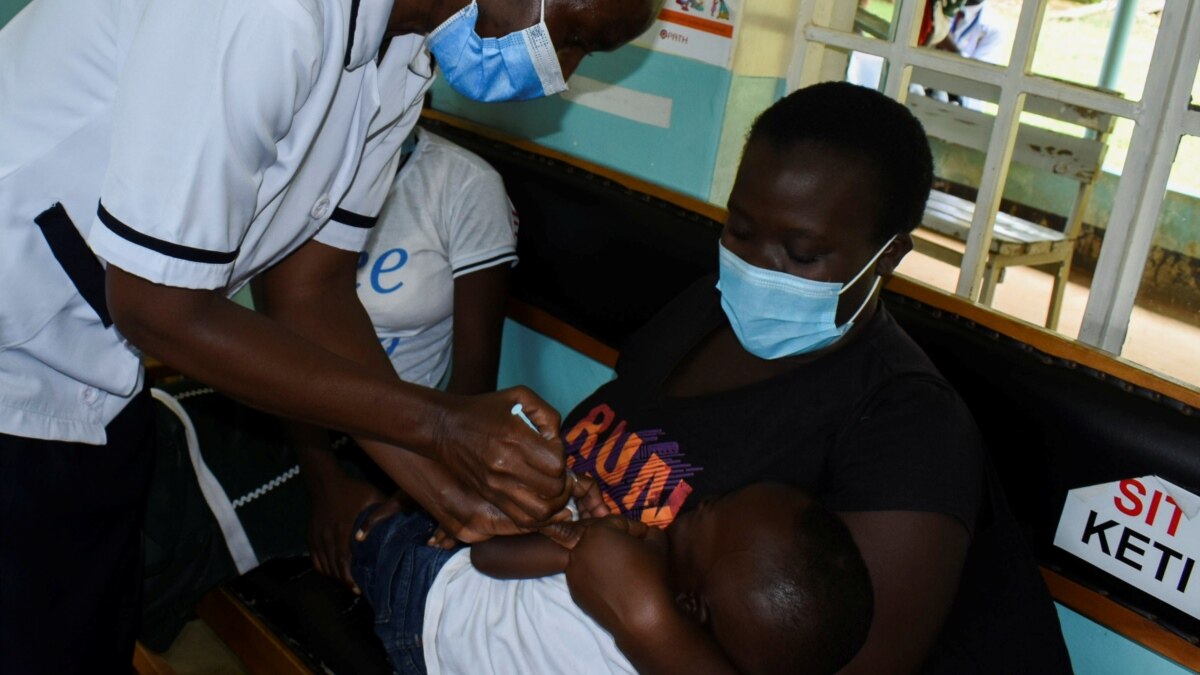Prior to World Malaria Day, the World Health Organization has recommended increasing the use of the first malaria vaccine, calling it a potential game changer in the fight against malaria.
Malaria is a preventable and curable disease. But every year, malaria kills more than 200 million people and kills more than 600,000. Most of these deaths, nearly 500,000, occur among African infants. That is, every 60 seconds a child dies of malaria.
Despite this disastrous news, the prospects for malaria control are promising, thanks to the development of the world’s first malaria vaccine. The World Health Organization calls this achievement a historic breakthrough in science.
The pilot program started in 2019 in Ghana, Kenya and Malawi. Since then, the World Health Organization has reported that more than one million children in three countries have been vaccinated against malaria.
Mary Hamel is responsible for WHO’s malaria vaccine implementation program. She said her two-year pilot program showed that the vaccine was safe, deliverable, and reduced deadly severe malaria.
“The number of children taken to hospital for fatal and severe malaria has decreased by 30%, and the rate of all infant mortality caused has decreased by almost 10%. If the vaccine is widespread, 40 each year. It is estimated that ~ 80,000 children can be saved, “she said.
WHO reports Gavi and the Vaccine Alliance will provide more than $ 155 million to support the expanded introduction of malaria vaccines to Gavi-eligible countries in sub-Saharan Africa.
A vaccine against malaria was under development before the COVID-19 vaccine was manufactured. Hamel said WHO has learned many lessons from its efforts and can use them in the development of future malaria vaccines.
“We know that new platforms, including the mRNA platform, have emerged since the COVID vaccine. Now, mRNA vaccine developers are looking forward to developing malaria vaccines using the same platform,” she said. ..
Last July, BioNTech, the manufacturer of the Pfizer-BioNTech COVID-19 vaccine, announced that it would like to further develop its success by developing a malaria vaccine using mRNA technology. The pharmaceutical company says it aims to start clinical trials by the end of this year.




